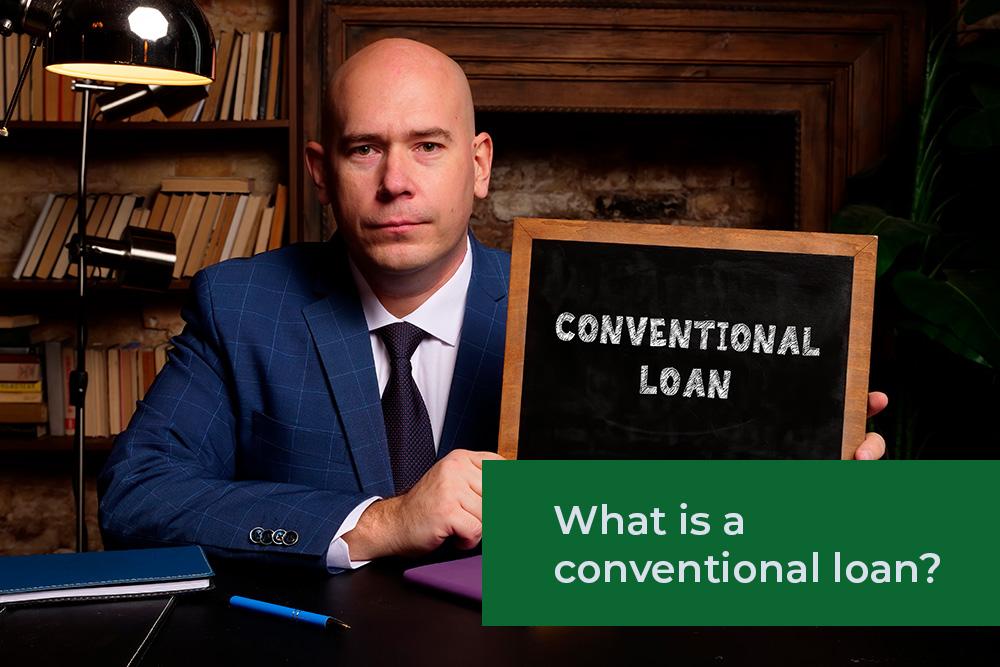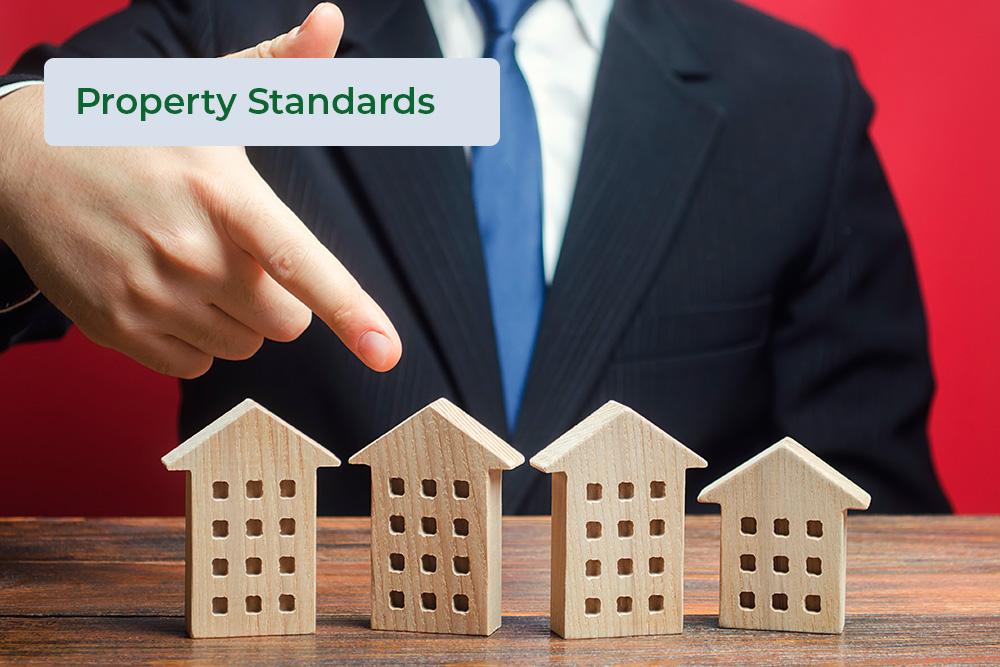If you’re interested in buying a home, you may be considering taking out a loan. There are several different home loans in Las Vegas that you may be able to get depending on your personal qualifications. Two common loans are Federal Housing Administration (FHA) and conventional loans. If you don’t know which loan to get, don’t worry! A loan officer in Las Vegas can help you figure that out.
What is a Federal Housing Administration (FHA) loan?
An FHA loan is backed by the government rather than a private lender. An FHA loan is a good choice for home buyers with less-than-optimal credit scores and who want to make smaller down payments to pay off their home. For an FHA home loan, you generally need a credit score of 580, although you can get a loan with a score as low as 500 in some cases. In addition to buying a home, people can use an FHA loan for other housing-related expenses, such as renovations or refinancing a current mortgage. An FHA loan may allow people to make a lower down payment, which initially sounds appealing. However, government-backed loans may also come with an added monthly expense called private mortgage insurance (PMI) payment, which is an additional amount of money that you pay each month to the lender as a security measure to them in case you default on your loan. Like a conventional loan, an FHA loan is available in several terms, which are usually 15-year or 30-year terms.
What is a conventional loan?

Conventional loans are backed by private lenders rather than the government. For conventional home loans, you generally need a credit score of 620 or higher. As with FHA loans, conventional loans are available primarily for 15-year and 30-year terms. While FHA home loans are designed for people who want to buy a home for the first time or those who want a mortgage with a lower credit score and down payment, a conventional loan is a good option. Since certain application criteria are required for a conventional loan, you’ll want to contact a mortgage company in Las Vegas to ensure you are completing the application properly and with the best chances of securing the loan you want. If you do think that you are eligible for a conventional loan, it’s also a good idea to contact a mortgage officer for application assistance and support because conventional loans are harder to qualify for than FHA loans.
Is mortgage insurance required for FHA and conventional loans?
Mortgage insurance for a conventional loan is only necessary if you put down less than 20% of your down payment, while it’s usually standard with an FHA loan if you make a down payment of under 10%. For both types of loans, your mortgage insurance payments can be stopped after a certain period. After you’ve made 11 years’ worth of payments with an FHA loan, your PMI payments can be forgiven. If you take out a conventional loan and make a down payment of less than 20%, you can ask the lender to remove the PMI payment when you reach 20% in home equity. The lender must terminate the PMI requirement if the mortgage balance exceeds 78% of the original purchase price.
Are loan limits the same for both loan types?
Regardless of whether you choose an FHA or a conventional loan, the maximum loan that you can get varies based on your location. Additionally, the loan maximum for home loans in Las Vegas can change by the year.
How important is your credit score?

Although you can get either an FHA or a conventional loan with a lower credit score, it’s always a good idea to make sure your credit score is as high as possible before you get a loan. If you get a conventional loan with an above-average credit score (usually 740 or higher), your mortgage insurance rates are typically lower. If your credit score is not where you’d like it to be, there are some steps you can take to improve it before you even apply for a loan. Making timely monthly bill payments is key, as it will show a mortgage company in Las Vegas that you are responsible for your financial payments. Even if you can’t pay the bill in full each month, making at least some of the payment on or before the scheduled due date is important if you’re looking to save money on your monthly mortgage expenses.
Debt-to-Income (DTI) Ratio
The DTI ratio is another consideration when you’re deciding between home loans in Las Vegas. Your DTI ratio is the difference between your income and debts. When you’re considering getting a mortgage to buy a home, a mortgage company in Las Vegas will look at your DTI ratio to determine what loan you qualify for and how much you might spend each month. Your DTI is essentially a sum of all your total monthly expenses.
Expenses that can be included in your DTI calculation include:
- Monthly rent or mortgage payments
- Credit card statements
- Loan payments for vehicles, education, and more
- Ongoing expenses such as alimony or homeowners association (HOA) fees
To determine DTI, divide the total amount of all your monthly expenses by your gross monthly income. As you’re deciding what loan to get, note that there may be a threshold on the DTI that you have if you want to get a specific loan. If your credit score is 580 or lower, you can’t have a DTI ratio above 45%. Regardless of whether you choose to get an FHA or conventional mortgage, a mortgage company in Las Vegas will advise you to have a DTI of no more than 50%. The lower your DTI is, the better your chances are of getting a good rate for your preferred home loans in Las Vegas.
Property Standards

The property you are hoping to buy with your mortgage can also help you decide what kind of home loans to get. An appraisal will be more strict with an FHA than a conventional loan. With an FHA loan, the property’s value will be assessed, and it will also be checked for safety, adherence to building codes, and the quality of the home’s construction. If you get a conventional loan, on the other hand, the property’s total market value is the most significant factor in the lender’s eyes. Ultimately, the lender wants to make sure that if you can’t keep up with mortgage payments and the property ends up in foreclosure, they will be able to sell the property and salvage their investment.
Whether you choose to get an FHA or a conventional loan, it’s a good idea to schedule a home inspection with a professional prior to completing the sale. Even if you don’t need to hire an inspector for the home sale, it’s wise to have the property evaluated for any dangerous or costly problems before you move in.
When you’re ready to buy a home and want to learn what kind of loan to get, contact an experienced loan officer in Las Vegas for assistance.









